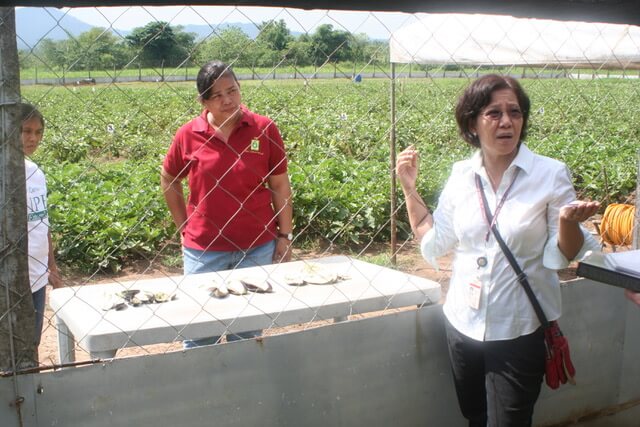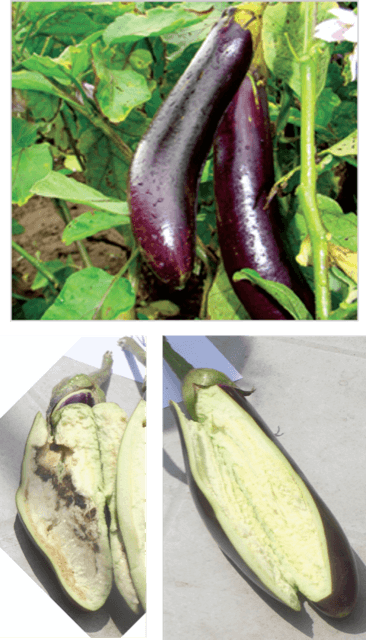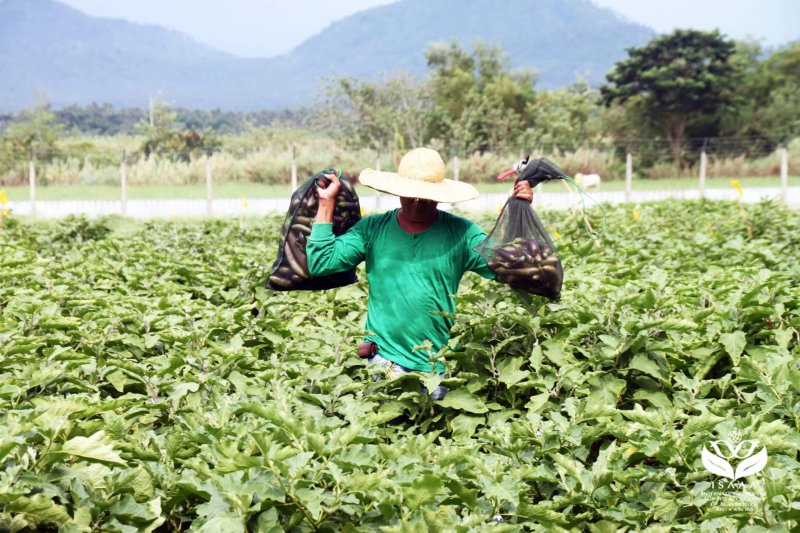In clearing out my office recently I came across a DVD of the video Life in a standard and in Bt maize field that I had been given by Czech scientists in Prague some ten years ago. It is a wonderful examination of how insect life (of non-corn pests) thrives in the presence of Bt corn.
In 2011-12 I was appointed as a Jefferson Science Fellow by the National Academy of Sciences and assigned as a science advisor to the office of Agricultural Biotechnology in the Bureau of Economics and Business in the United States Department of State. What, you may ask, is agricultural biotechnology doing in the State Department?
The reason is twofold:
- Crops are a major US export and biotech crops are a significant part of these exports, and
- Countries with food security are less likely to be disruptive on the intranational scene; both of these are major concerns for diplomacy. (Note that the U.S. Government does not use the term GMOs.)
During my time at State, I made six trips abroad, often to multiple countries, where I gave university and conference lectures, and consulted with scientists, academics, politicians, and farmers.
In April 2011 the call came in for a speaker at a student led biotech conference in Brno in the Czech Republic (the home of Gregor Mendel), and the group leader at State, Jack Bobo, asked me to go. I started off in Prague hosted by my professional colleague (and now President of the Czech Academy of Sciences) Professor Dr. Eva Zažímalová, and during lectures and meetings there they gave me a copy of their recently-completed movie.

The Czech Republic, like most of the EU is, unfortunately, GMO-averse. The only GM crop authorized for commercial cultivation in the European Union is maize MON810. Although the Czech Republic has not imposed any ban, no MON810 has been grown there since 2018. The main reason, according to the Czech Ministry of the Environment, is that growers have been facing problems with placing their products on the market, including meat and milk from livestock fed by GM maize.
At the time I was there their main concern was for their plum growers suffering from plum pox virus (PPV) in their trees. There are PPV-resistant varieties available, developed by the USDA, and trials are ongoing in the Czech Republic, but still not approved for cultivation ten years later.
Another country I visited on this trip was the Ukraine, the breadbasket of Eastern Europe, where growing GM crops is also prohibited. The public attitude is so anti-GMO that even plastic bottles of water have “Non-GMO” printed on the label!
But appearances can be deceiving! After a presentation to a small gathering involving the Minister of Agriculture and some farmers, a farmer started screaming at the minister. My translator whispered the translation in my ear.
The farmer was saying: “You know that we are all growing GMOs (apparently mainly glyphosate-resistant crops with glyphosate imported from China), so why don’t you approve GMOs?”
“Yes, yes,” said the minister, “we know, but the public is against it, so we have to officially prohibit it!”
While in Kiev I ran into a most bizarre incident: I was told by my US embassy handlers that at 3 pm I was to meet Dr (name forgotten). We drove to a big venue that had a huge banner on the exterior: International Conference on Biowarfare.
“Interesting,” I thought, “a meeting in the same building as such a conference.” We walked in and were greeted with “Welcome Dr Davies, you are on in 15 minutes.” What!! Noone had told me of either a conference or biowarfare. Panic stations! I requested to move from the first to last speaker of a session, giving a half-hour respite. They had already translated my slides into Ukrainian for a dual English/Ukrainian presentation.
I huddled down with my translator to rearrange the slides for a changed message, which I now entitled GMO crops are safe and non-toxic. This went pretty smoothly, with my translator saying, “I have heard your talk so many times that I could give it myself.” The talk went well and almost all the extensive questions at the end of the session were directed to me, not the other panelists. Such is the interest in biotech crops even from war-gamers!
On another trip, this to the Philippines, where I spoke at a conference celebrating ten years of biotech crops in the country, I was able to visit the University and the International Rice Research Institute at Los Baños to see the Bt talong (eggplant) trials and hear of the progress on Golden Rice.


At the conference Dr Desiree Hautea gave a talk on how Bt talong would enable a decrease in the use of insecticides. (Talong fruit were described to me over a lunch of such as “pesticide bombs”.)
A farmer stood up with a question: “Where can we get the BT talong?”
Later that year I was called back to Manila for a legal hearing in front of a judicial panel considering whether trials of Bt talong could proceed.
“See,” said the Greenpeace representative, holding up a large picture of chain-link fencing surrounding the trial plots, “the bees can easily fly through the fence,” totally ignoring the fact that there is no cover over the trial plots anyway.
“That,” retorted one of the trials scientists, “is not to prevent the bees from accessing the plants, it is to keep you out!” Unfortunately, at that time, the judges blocked further trials, largely thanks to the publicity over Séralini. It is at long last gratifying that both Golden Rice and Bt talong have been approved in the Philippines.
Peter John Davies is a professor emeritus of Plant Physiology in the Departments of Plant Biology and Horticulture at Cornell University. [email protected]































